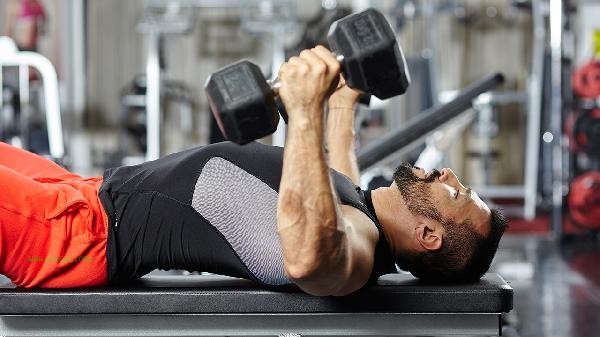During the fitness and weight loss period, both raw and cooked peanuts can be consumed in moderation, but cooked peanuts are more conducive to controlling calorie intake. Peanuts are rich in high-quality protein, dietary fiber, and unsaturated fatty acids, but ripe peanuts have a higher calorie density due to reduced water content and require strict control of their intake; Raw peanuts retain more B vitamins but may increase digestive burden. When making a choice, it is necessary to consider personal digestive ability and calorie management needs. Raw peanuts, which have not undergone high-temperature processing, retain more natural nutrients such as vitamin B1, vitamin E, and antioxidants, which are helpful in promoting metabolism. Its moisture content is relatively high, and its calorie content is slightly lower than that of ripe peanuts under the same weight, but it contains more anti nutritional factors that may affect protein absorption. For fitness enthusiasts with good gastrointestinal function, a small amount can be added as an extra meal. It is recommended to consume no more than 15 grams per day to avoid bloating caused by fasting. Paired with sugar free yogurt or fruits can enhance satiety and reduce the amount of food consumed during meals. After being roasted or stir fried, cooked peanuts have a stronger aroma and a crispy texture, which can easily lead to the risk of overconsumption. High temperature treatment may lose some vitamins but increase protein digestion, and flavor compounds produced by fat oxidation may stimulate appetite. During weight loss, it is recommended to choose natural cooked peanuts without added salt or sugar. The single consumption should be limited to 10 peanuts, and protein supplementation should be prioritized 30 minutes after exercise. Attention should be paid to the high calorie content of commercially available fried peanuts or candied peanuts, which should be avoided.

Regardless of choosing raw or cooked peanuts, they should be included in the daily total calorie calculation during weight loss. It is recommended to replace some refined snacks instead of adding extra meals. Combining regular strength training can promote muscle synthesis of protein in peanuts, while ensuring sufficient intake of vegetables and fruits to balance dietary fiber. People with gastrointestinal sensitivity should prioritize choosing ripe peanuts and chew them thoroughly to avoid digestive problems affecting their physical performance. Long term reliance on peanuts for nutritional supplementation may lead to an imbalance of fatty acids. It is recommended to alternate consumption with nuts such as almonds and walnuts.









Comments (0)
Leave a Comment
No comments yet
Be the first to share your thoughts!